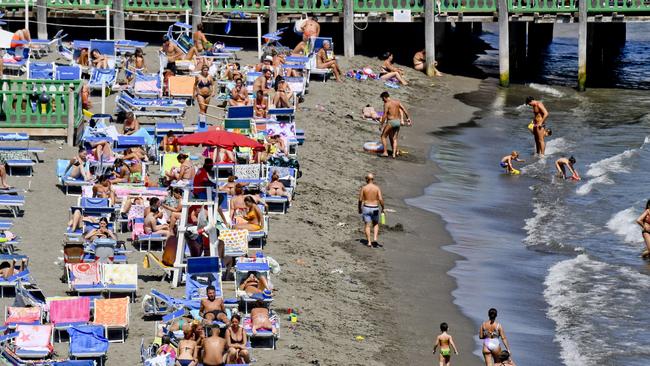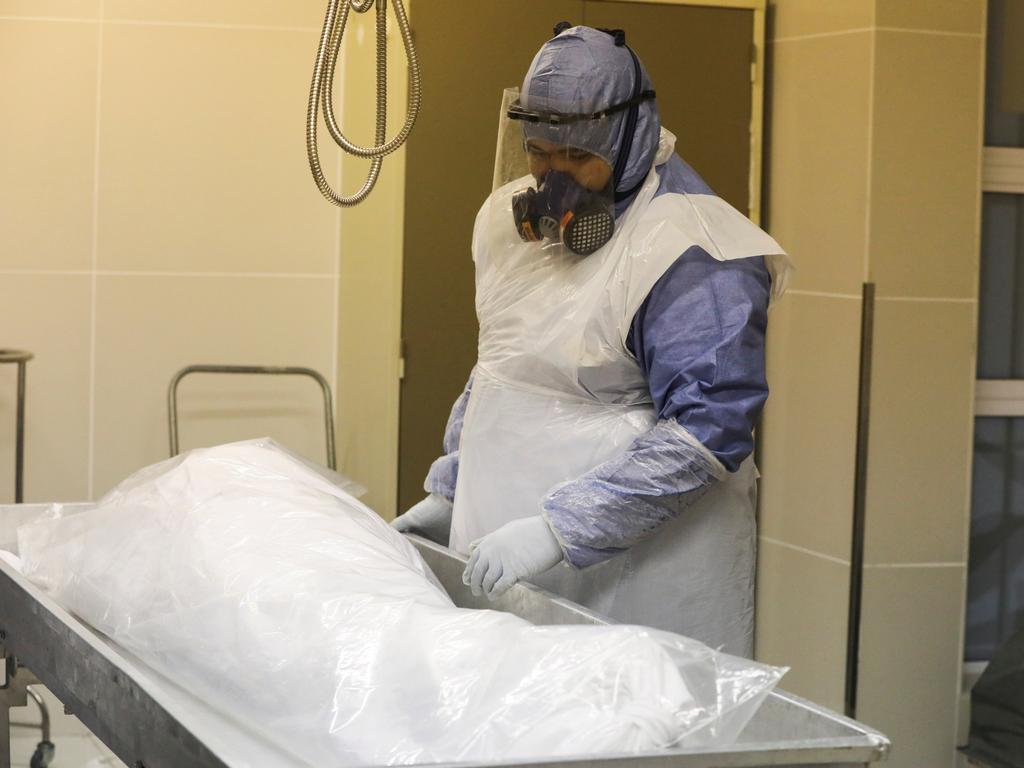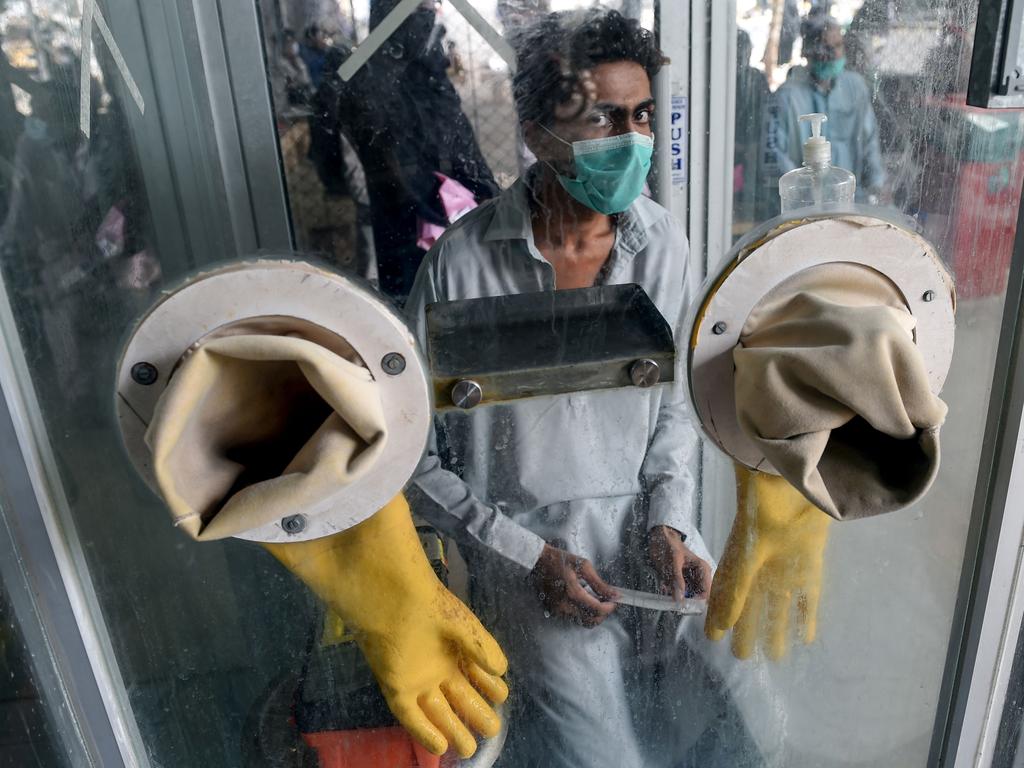Coronavirus cases rise in Europe as youth hit beach and bars
Young people are letting loose across Europe, fuelling a surge in coronavirus infections imperilling the continent’s hard-won gains.

Young people are letting loose across Europe, fuelling a surge in coronavirus infections that is imperilling the continent’s hard-won gains against the pathogen.
Towns along the coasts of France and Spain are grappling with outbreaks after young people piled into beach bars, ignoring social-distancing rules, and caught the virus.
European authorities have reprimanded Generation Z and Millennials for showing what they consider disregard for public-health rules and the safety of older generations who are more vulnerable to the disease.
Still, younger Europeans say they are tired of maintaining rigorous social-distancing measures after spending most of the spring under lockdown.
“We were being careful at first, and then not so much,” says Marie-Lea Tronc, a 23-year-old student in Paris. Around her grandparents, she washes her hands frequently, wears a mask and keeps her distance. Around people her own age, however, she goes without a mask and social distancing becomes an afterthought.
Between July 20 and July 25, the incidence rate of COVID-19 among French people between the ages of 20 and 29 was 19.6 per 100,000 inhabitants. That compares with 9.7 per 100,000 for the French population as a whole.
In Italy, the median age of new infections over the past month has dropped to around 40, compared with over 60 during the lockdown in April. And data from Germany’s centre for disease control shows a small increase in young people among those testing positive. Health experts warn that many young people don’t show up in the statistics because their symptoms are less severe and therefore they seldom take tests for the virus. Still, younger Europeans are also starting to end up in hospital.
In Spain, where infections have been rising fastest in Europe, people between 15 and 29 made up more than 27 per cent of the cases in July, compared with 6 per cent at the end of March. Nearly 8 per cent of the hospitalised coronavirus patients between May and July belonged to this age group, compared with 2.2 per cent in March.
Younger Europeans carrying COVID-19 can also infect older generations who are more susceptible to the disease. In recent weeks, several nursing homes in France went back under lockdown after new cases emerged in the facilities.
“The gathering of scores of young people is not a party at this time, but an act of endangering the public,” said Quim Torra, president of Spain’s Catalonia region.
French health authorities say the rate of people testing positive for COVID-19 is rising much faster, especially among young adults. About 1.4 per cent of people getting tested for the coronavirus receive a positive result, compared with 0.8 per cent a month ago.
European officials have tried to contain the spread by maintaining strict rules on gatherings and indoor activities. While millions of young Europeans comply with these rules, they are overshadowed by those who don’t.
Clandestine parties are taking place across Germany nearly every day even though clubs and bars in cities like Berlin have remained closed since the onset of the pandemic. The German capital allows for gatherings of up to 1000 people, under strict precautions. “I know corona is still here, but we should also be able to enjoy life a bit,” said Karin, an 18-year-old student who was partying on Thursday night with dozens of other people around her age in Berlin’s Gleisdreieck park.
In France, people who enter a bar are required to wear a mask and stay 1m apart. But that didn’t stop dozens of young people in early July from making a nightly ritual of gathering at a bar in Quiberon, a small beach town in Brittany, along France’s Atlantic coast. They drank and danced until the bar closed and then headed to the beach to continue the revelry, local authorities said.
One young man who regularly went to the bar in Quiberon fell ill and tested positive for COVID-19. Local authorities started testing en masse and found 126 cases between July 2 and July 28 — 45 per cent of them between 18 and 25 years old.
“Many young people think the virus, too, is on vacation,” said Quiberon First Deputy Mayor Gildas Quendo. “It’s not.”
The Wall Street Journal







To join the conversation, please log in. Don't have an account? Register
Join the conversation, you are commenting as Logout